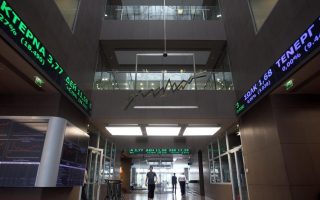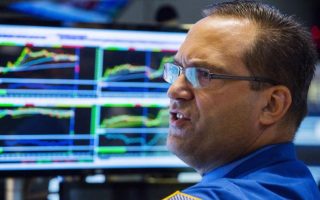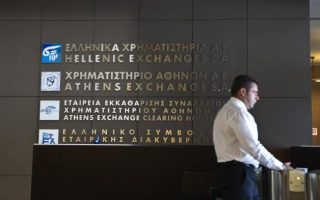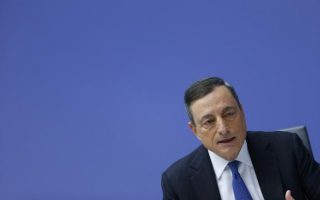Bond yields rise as French, Spanish votes overshadowed in Fed week
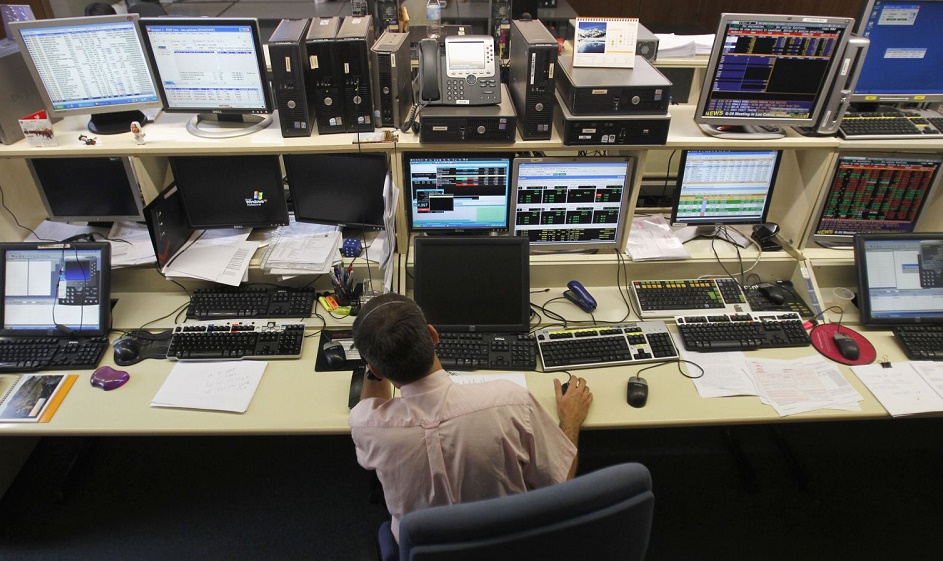
Eurozone bond yields rose on Monday with investors pushing political shifts in France and Spain aside and lightening up positions at the start of a week which could see the first Federal Reserve rate hike in a decade.
There was no discernible impact on bond markets from the French elections on Sunday and also no sense of increased nervousness before Spanish elections on Dec. 20 in a sign that investors are much more preoccupied with central bank moves than any government changes.
Marine Le Pen's far-right National Front (NF) did not win in any region, despite winning more votes than any other party nationally in last week's first round, so the result was a surprise. But the polls were no real victory for the mainstream Conservatives and Socialists either.
In Spain, a poll on Sunday showed the new political forces Podemos and Ciudadanos gaining ground, reinforcing expectations that no one party will manage to win a majority.
The four-party race raises worries about political stability in a country that has been praised by Brussels for its painful fiscal reforms which have helped it on a path of economic recovery surpassing the euro zone average.
Elections across Europe, including those in Greece and Portugal, have had little impact on the market this year, with the European Central Bank's giant bond-buying programme and the repeated delays in the Fed move grabbing the attention.
"The outcome in France, for those fearing the extreme right wing, could have been much worse," said Elwin de Groot, senior market economist at Rabobank. "But the market is busy with other stuff which may be more acute, such as the upcoming Fed hike."
German 10-year Bund yields, the benchmark for euro zone borrowing costs, rose 3 basis points to 0.57 percent. French and Spanish yields were up by a similar amount at 0.90 percent and 1.66 percent, respectively.
U.S. T-note yields rose 4 bps to 2.18 percent.
Investors remain nervous even though the hike has been well flagged by Fed Chair Janet Yellen and short-term U.S. interest rates attach a very high probability to it.
The uncertainty relates to the consequences it could have on some vulnerable emerging markets and implicitly on global growth. At the same time, the Fed's exit strategy after years of unprecedented bond-buying stimulus and free money is being closely scrutinised.
If the Fed hikes too much too quickly, the economy may not be able to take it. If it hikes too slowly, inflation may run out of control in the longer run.
"Maybe there's some position adjustment in the market … The hike is priced in but it's all about what Janet Yellen says afterwards," RIA Capital Markets bond strategist Nick Stamenkovic said.
[Reuters]
